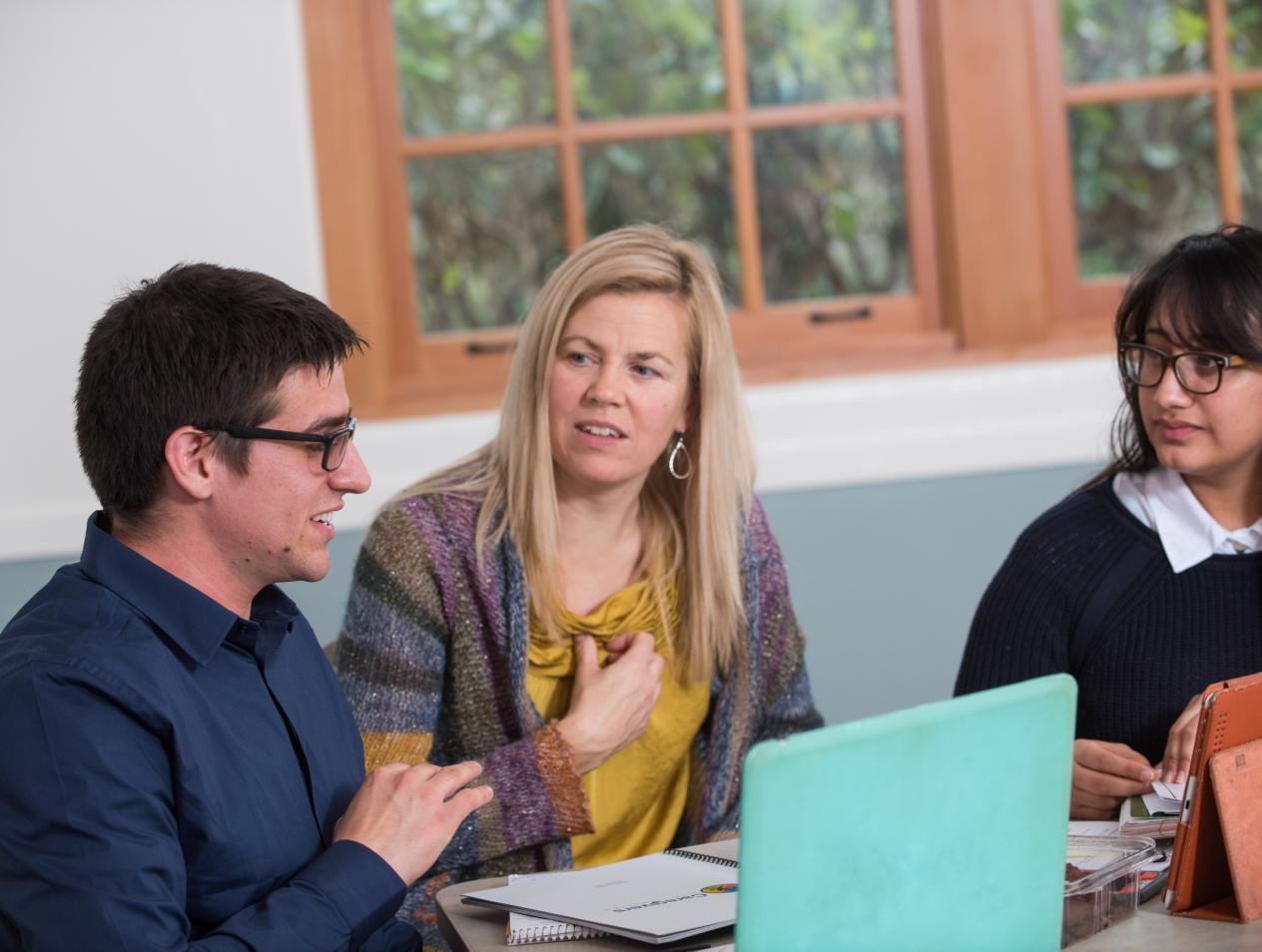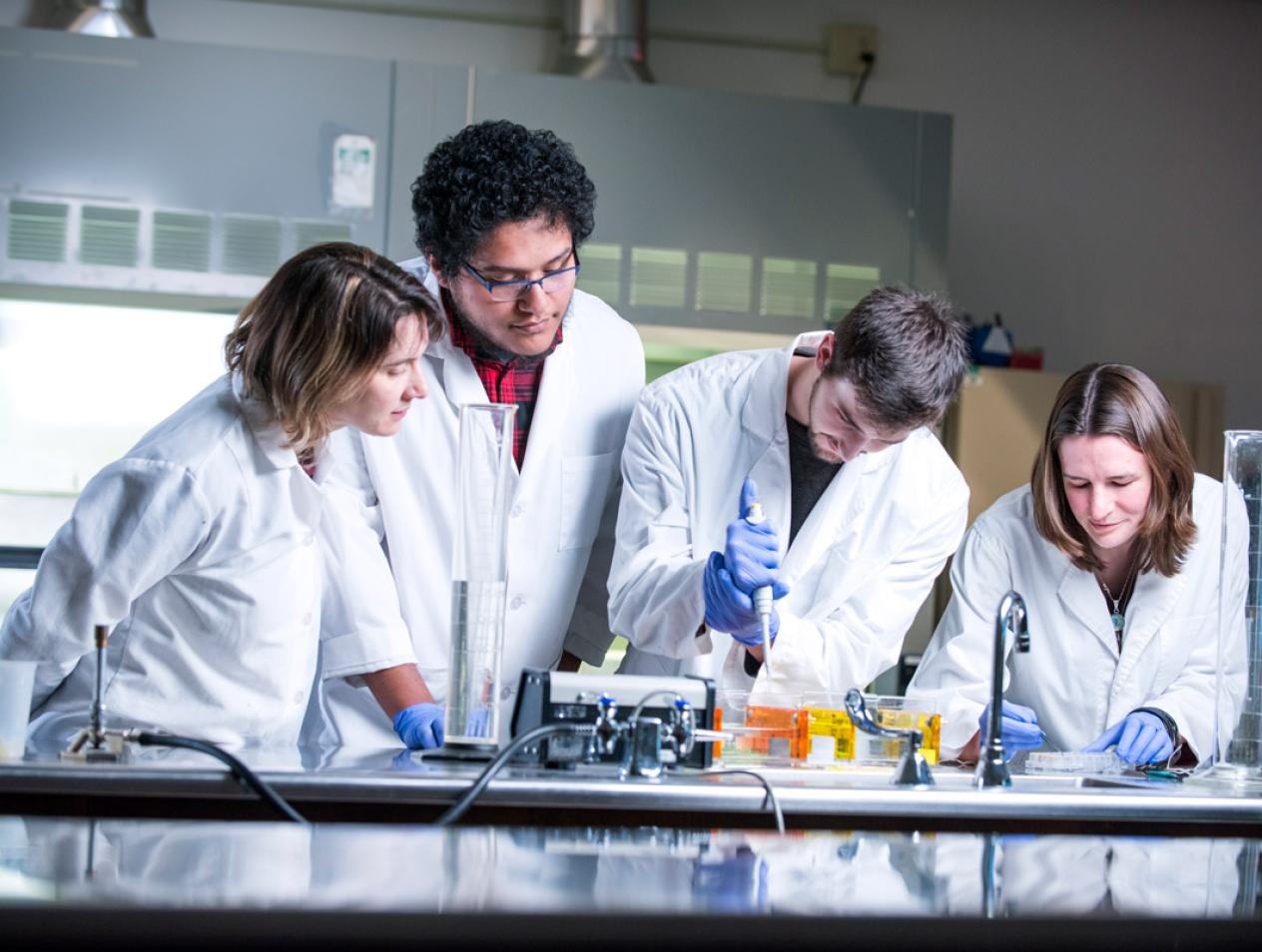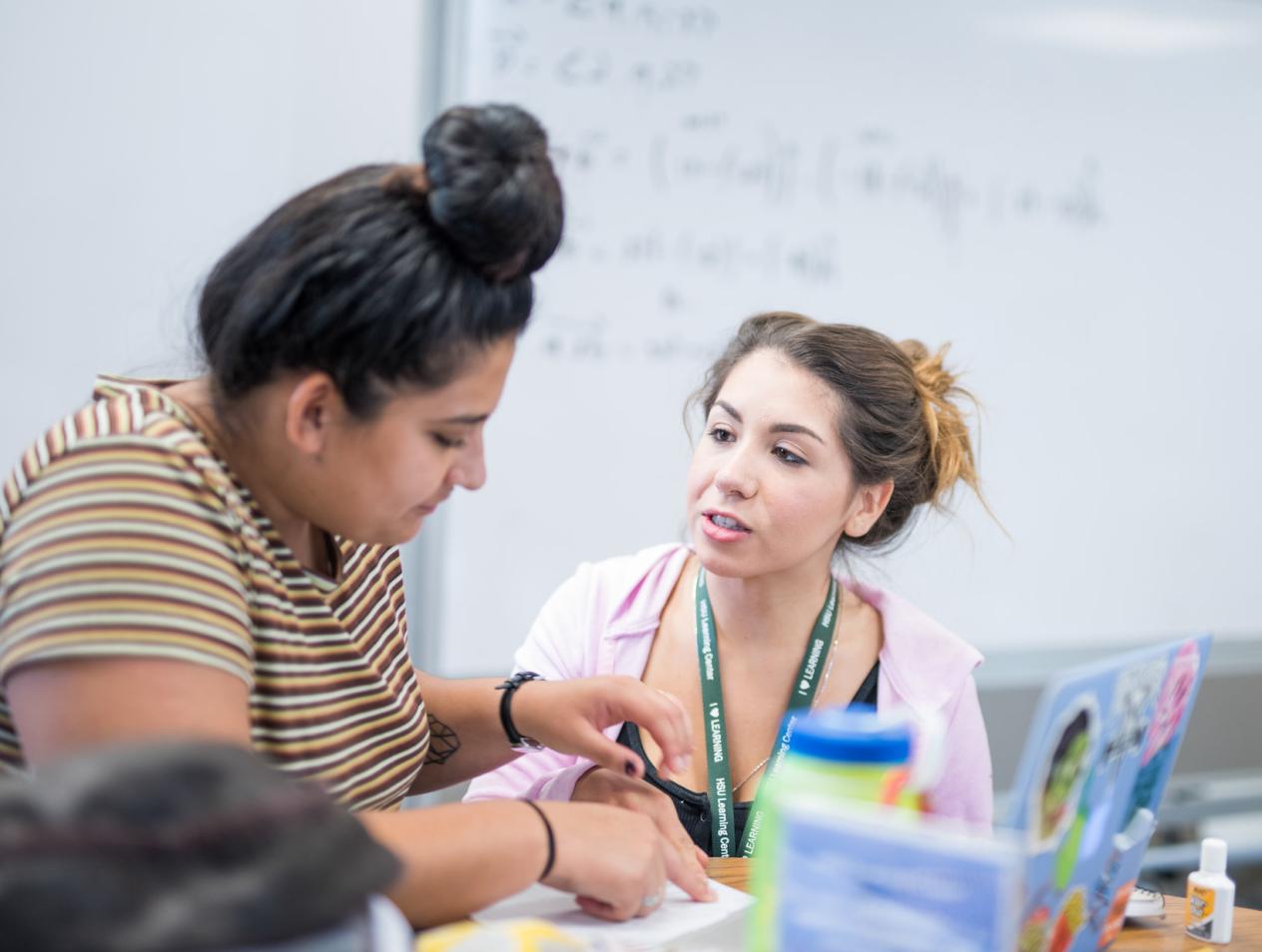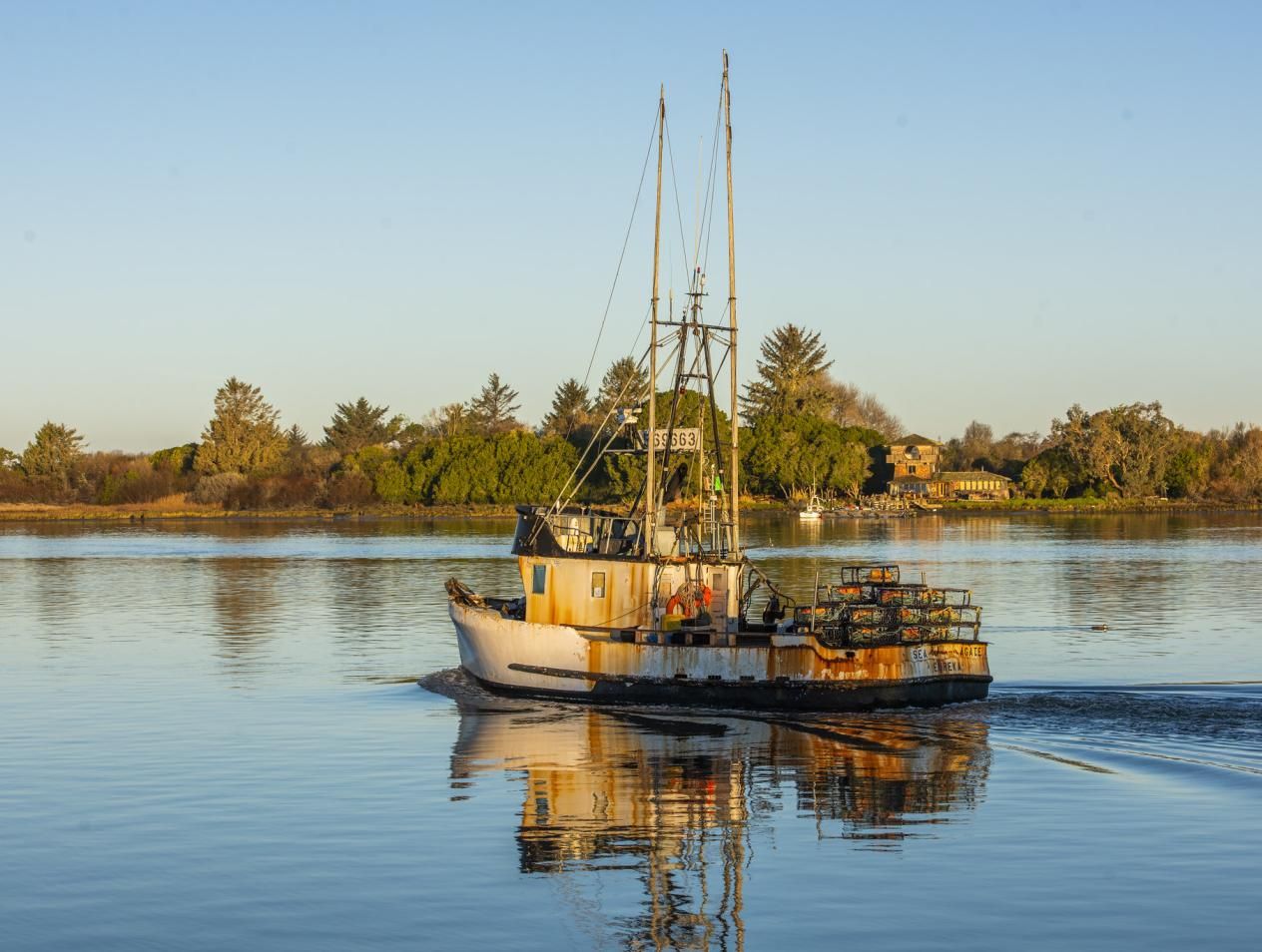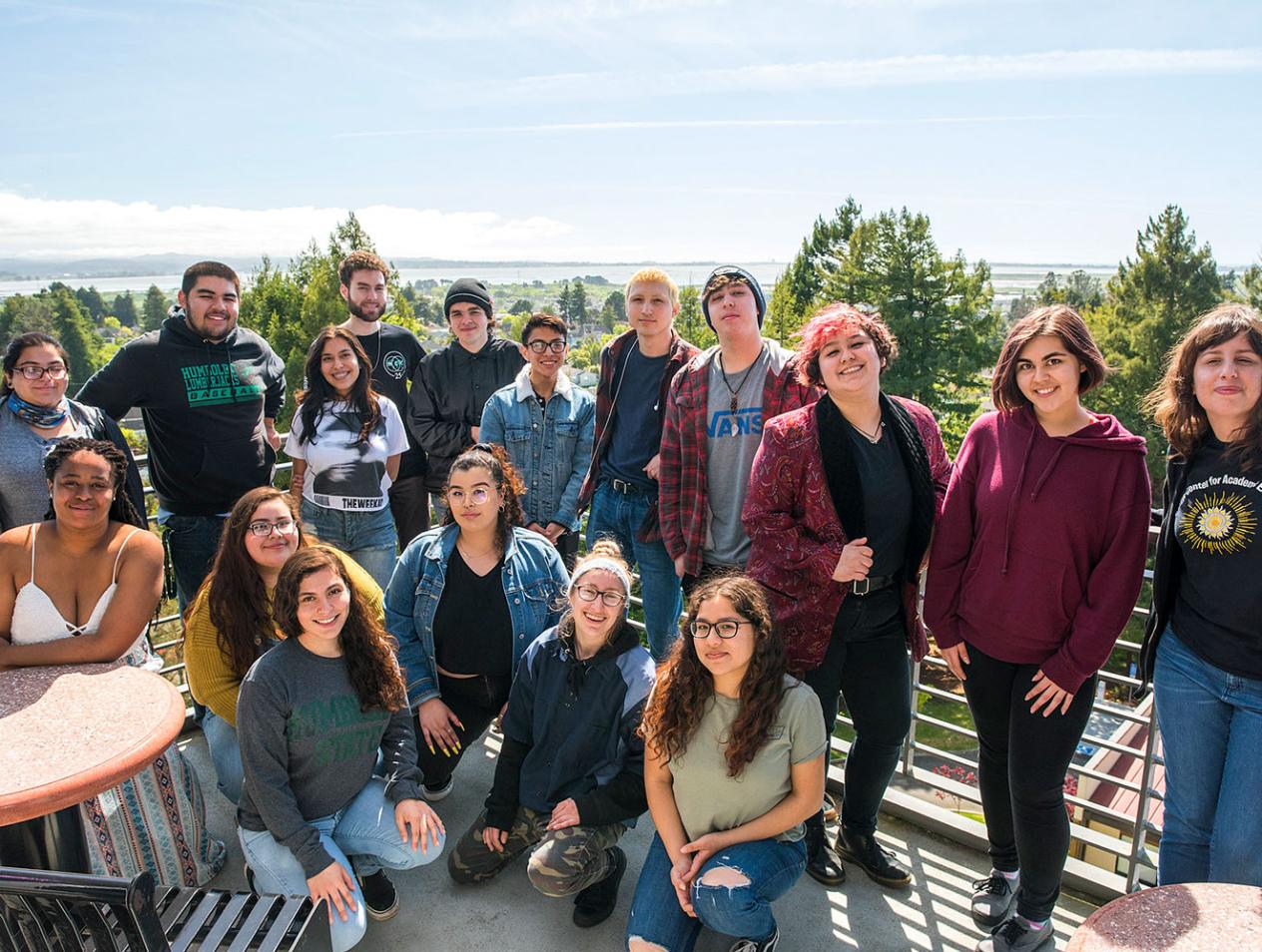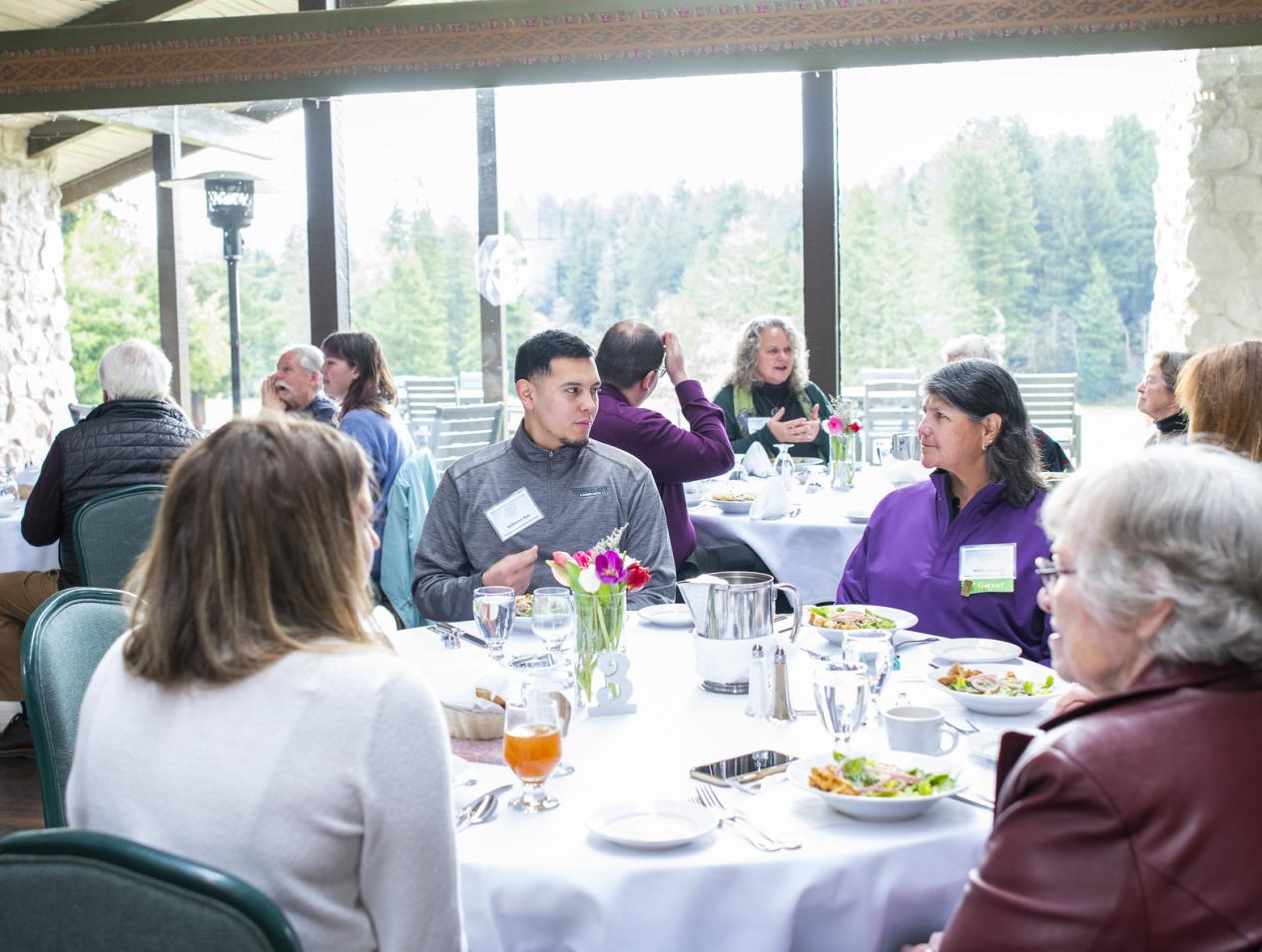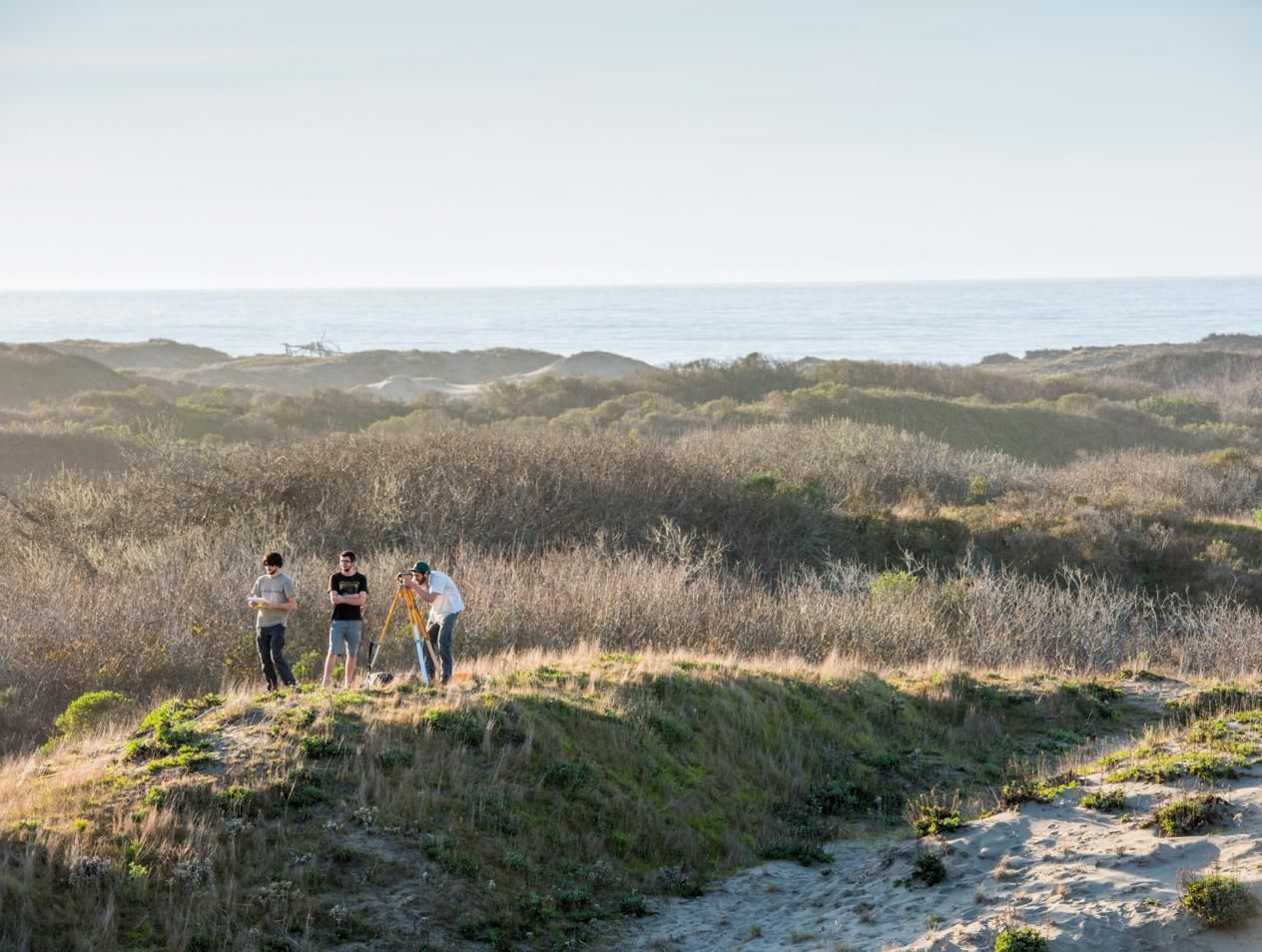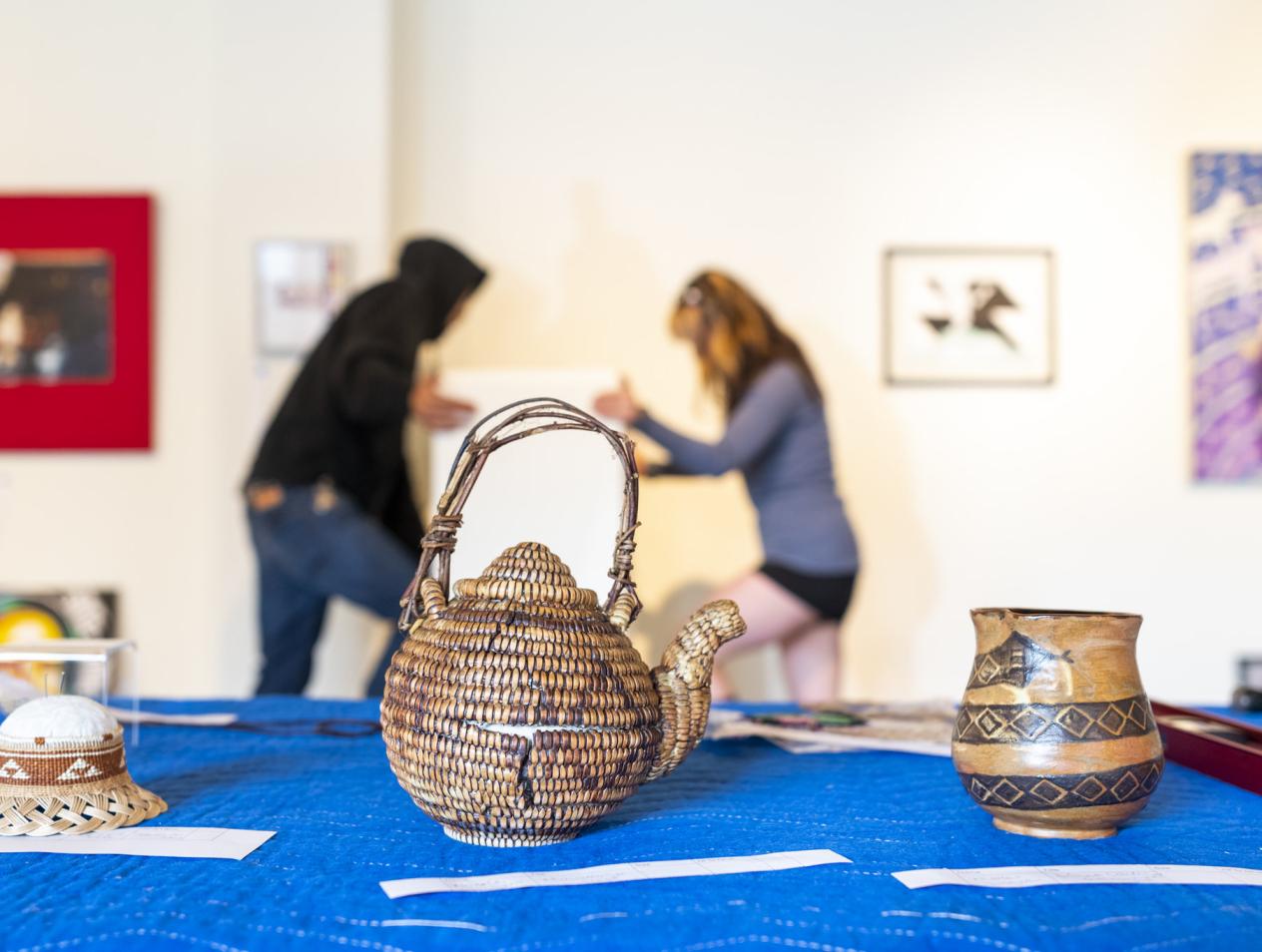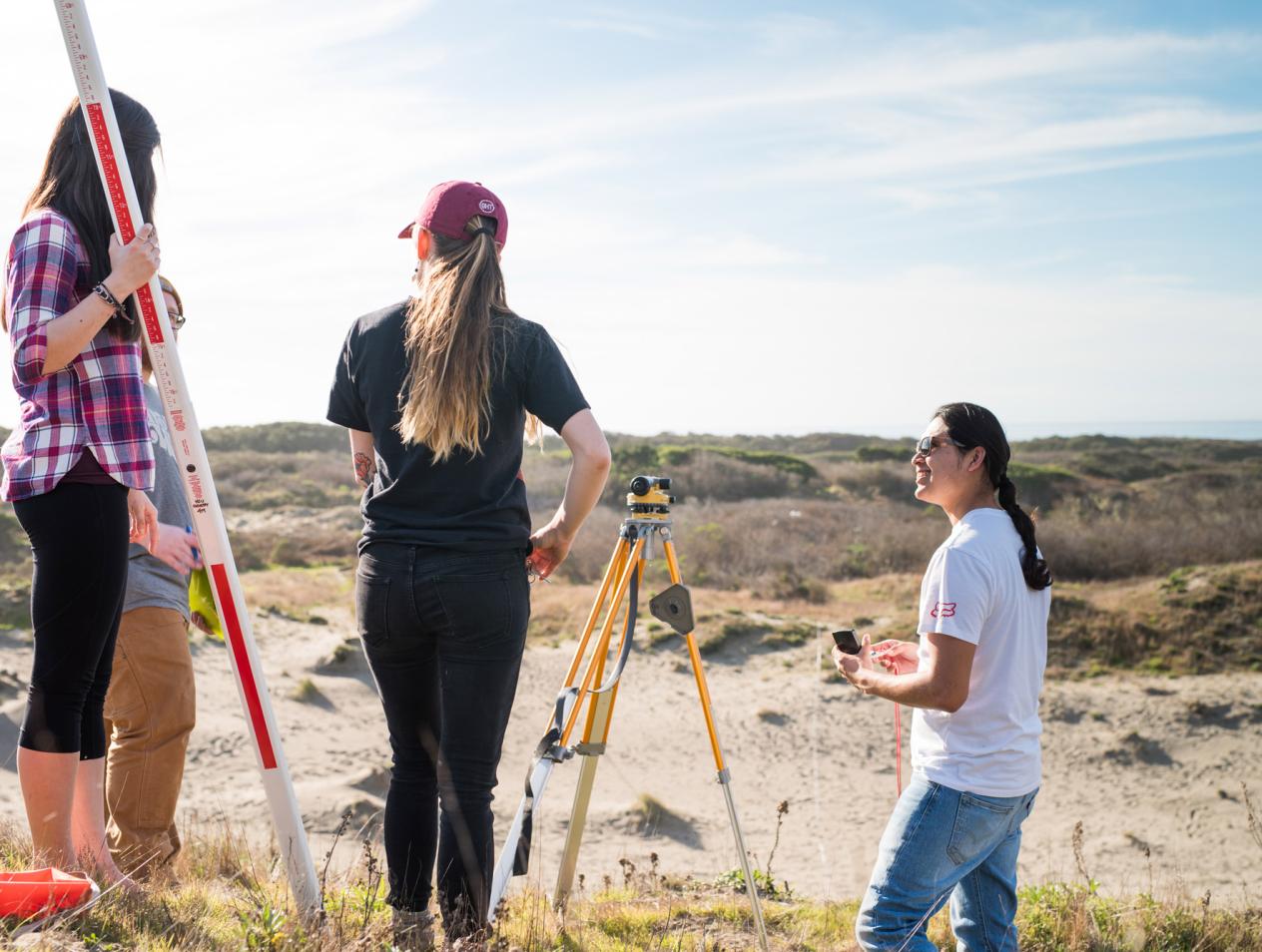What you’ll learn
Learn curatorial strategies, grant-writing, exhibition design, preparation and programming, and other skills that help ensure museums and galleries are accessible and engaging to a wide range of audiences. The certification teaches students the history and development of museums and galleries as well as museological theory. Additionally, students gain a deeper familiarity with the techniques, ethics, and practices of museums through hands-on work at both on and off campus institutions.
Program highlights
The certificate in Museum & Gallery Practices is interdisciplinary and includes specialized tracks for Anthropology, Art, Environmental Science & Management, History, and Native American Studies majors. After completing core courses, students intern with off-campus museums, galleries and nonprofit institutions including the Clarke Historical Museum, Humboldt Natural History Museum, Ink People Center for the Arts, Morris Graves Museum of Art, and National Forest Service.
The Certificate in Museum and Gallery Practices offers Humboldt students the exciting opportunity to prepare for careers in museums and galleries, and graduate programs in archives and preservation, conservation, museum studies, curatorial studies, and related fields of study.
The Certificate in Museum and Gallery Practices is interdisciplinary and includes specialized tracks for Anthropology, Art, Environmental Science & Management, History and Native American Studies majors (please select the below Certificate of Study links to find information about course requirements for each specialized track).
The core courses for the Certificate in Museum and Gallery Practices teach students about the history and development of museums and galleries as well as museological theory. Additionally, students learn how to produce exhibits through hands-on work in the on-campus Goudi’ni Native American Arts and Reese Bullen Galleries. Through ART 356: Museum and Gallery Practices, students learn curatorial strategies, grant-writing, exhibition design, preparation and programming, among other skills.
After completing introductory coursework, students intern with off-campus museums, galleries and non-profit institutions including the Clarke Historical Museum, Humboldt Natural History Museum, Ink People Center for the Arts, Morris Graves Museum of Art, and National Forest Service. In addition to interning at local institutions, students have the opportunity to complete their internships further afield at museums throughout the United States. Through hands-on museum work, students gain a deeper familiarity with the techniques, ethics, and practices of museums and related institutions.
Many of our graduates have pursued graduate degrees as well as museum and gallery careers. They have found employment both locally and nationally at institutions such as the Contemporary Art Center of New Orleans, De Young Memorial Museum, Los Angeles County Museum of Art, Morris Graves Museum of Art, Portland Art Museum, Trinidad Museum and San Diego Natural History Museum.
Checklist of Requirements by Major






